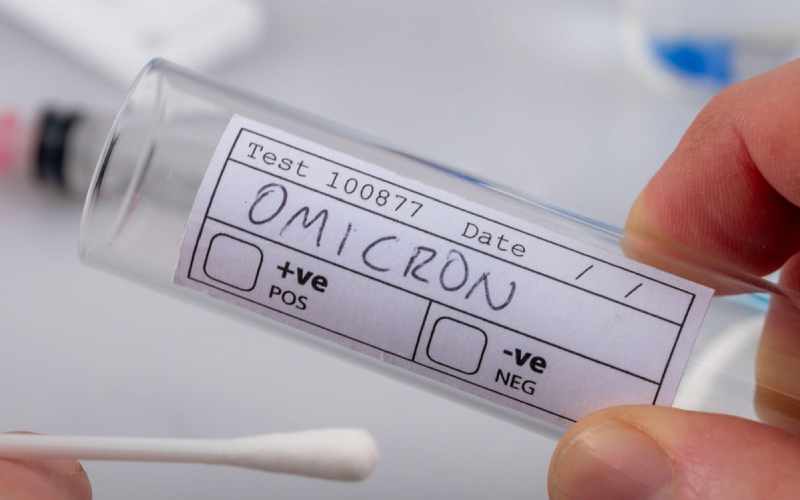×
The Standard e-Paper
Smart Minds Choose Us

The variant was first discovered in South Africa and had also since been detected in Belgium, Botswana, Israel and Hong Kong. [Courtesy]
To many, if not all, the emergence of the newly identified Omicron coronavirus variant felt like a pandemic ‘gut check’ but scientists ask people to brace for more variants in future.